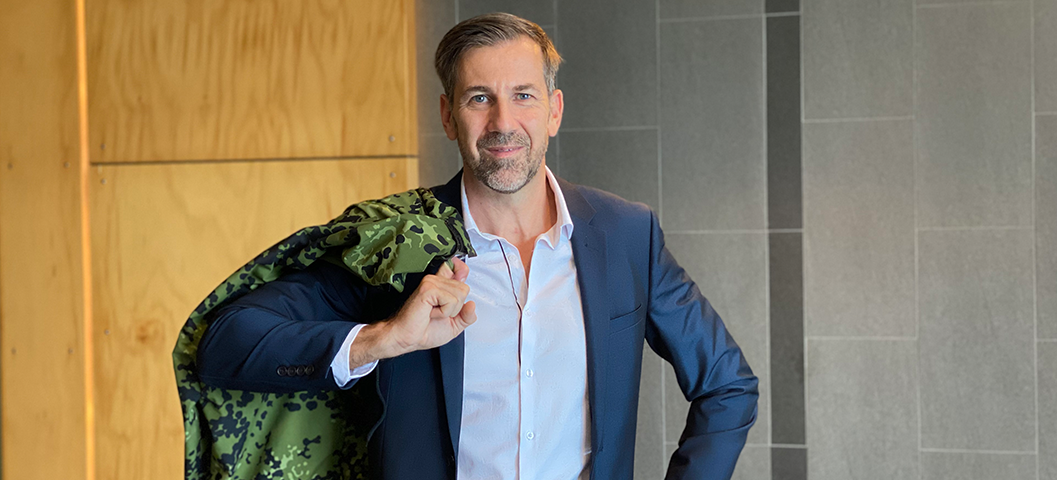I am fortunate to have created a long and successful career in leadership and education development, working parallel in both corporate and defence. The skills and training I acquired as an officer with the defence force have taken me around the world, into many exciting roles and industries, from C-level to operational. These are 3 things I learnt in defence that I often refer to during my daily life and in business:
1. To solve the task or mission
Many people think that soldiers are order takers and givers who blindly follow. On the contrary. They know when to challenge and discuss the task, and when to act and follow. I learned to consult with experts. To tap into and apply and the knowledge my expert soldiers had. To solve tasks, I learned to include others in my planning. This taught me how to communicate with my team and built rapport. By doing this, I could trust they would back me 100% when the time came to execute. These learnings I have applied recently when creating leadership and business lockdown strategies for the coronavirus crisis.
2. Always take care of my team and myself
As leaders, we expect staff and ourselves to take action and work hard. Often people forget they can’t run all night, then be sharp and ready to solve a task. To run yourself down is not a sign of strength; it’s poor leadership. I oversaw 77 Red Cross members during the Australian floods as part of the field incident management team. When I arrived, I was reminded of this. The field team was having a hard time. There were administration problems, heaps of conflicts, people were being injured and property damaged. The main cause – everybody was working around the clock and not eating or sleeping well. As part of my military training, I learnt to set up and enforce plans to ensure rest and a proper diet – so I did this with my team straight away.
3. Always make time to plan
In a hectic world, leaders are often tempted just to act. People are looking to you as a leader to make decisions, often demanding them. Many times the 1/3 rule has saved me. The rule that no matter how little time you have, you always use 1/3 of your time to plan. I used this rule when setting up disaster evacuating centres due to cyclones and bushfires for an unknown number of people. We didn’t know when people would arrive, or how long they would stay. This proved, again and again, the importance of this rule to me. I often embed this as part of the corporate leadership education programs I create. Don’t worry if the plan changes. People can comfortably live with that. They can’t live with that you don’t have one.
No leadership or management education I have ever come across allows you to train everything ‘for real’ as defence does.


